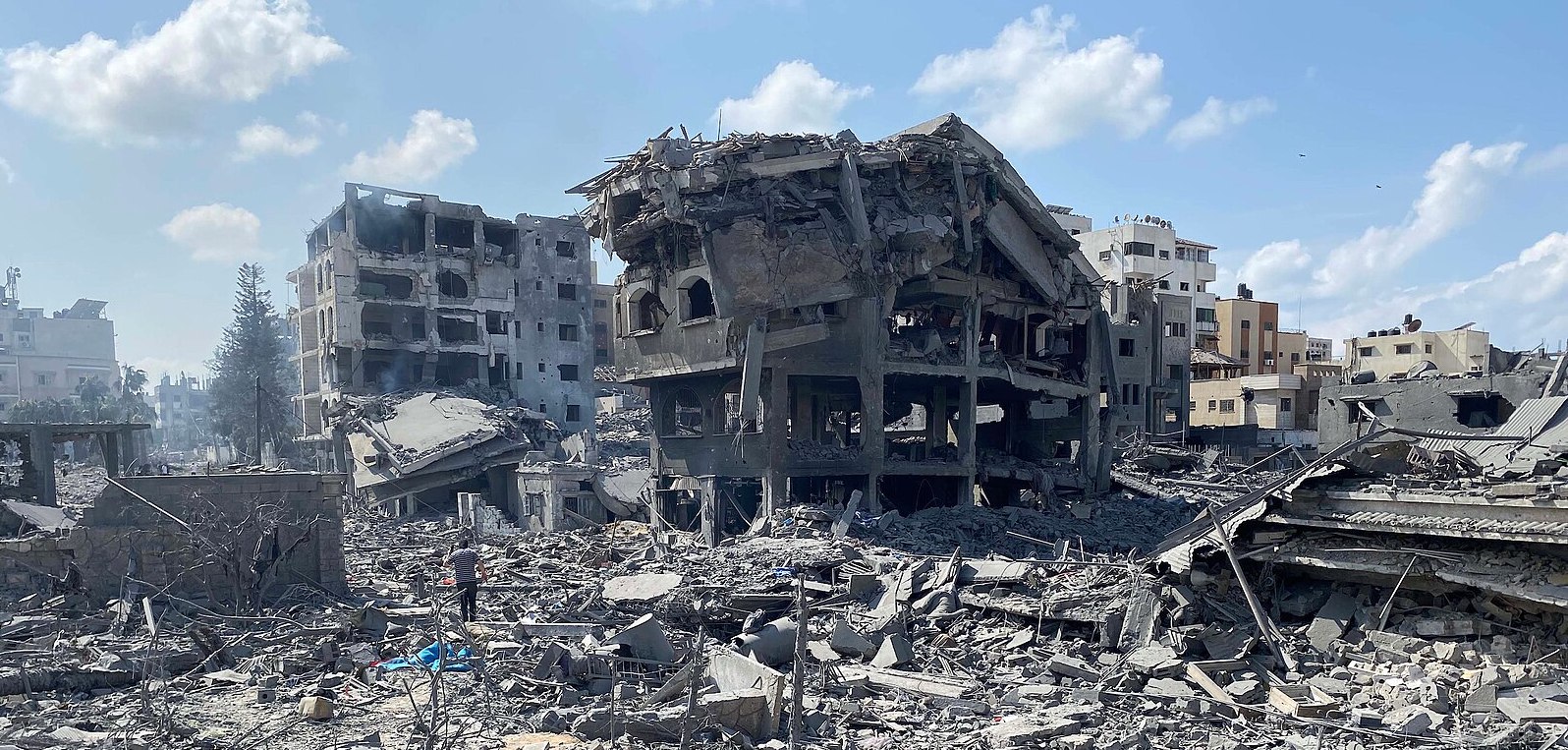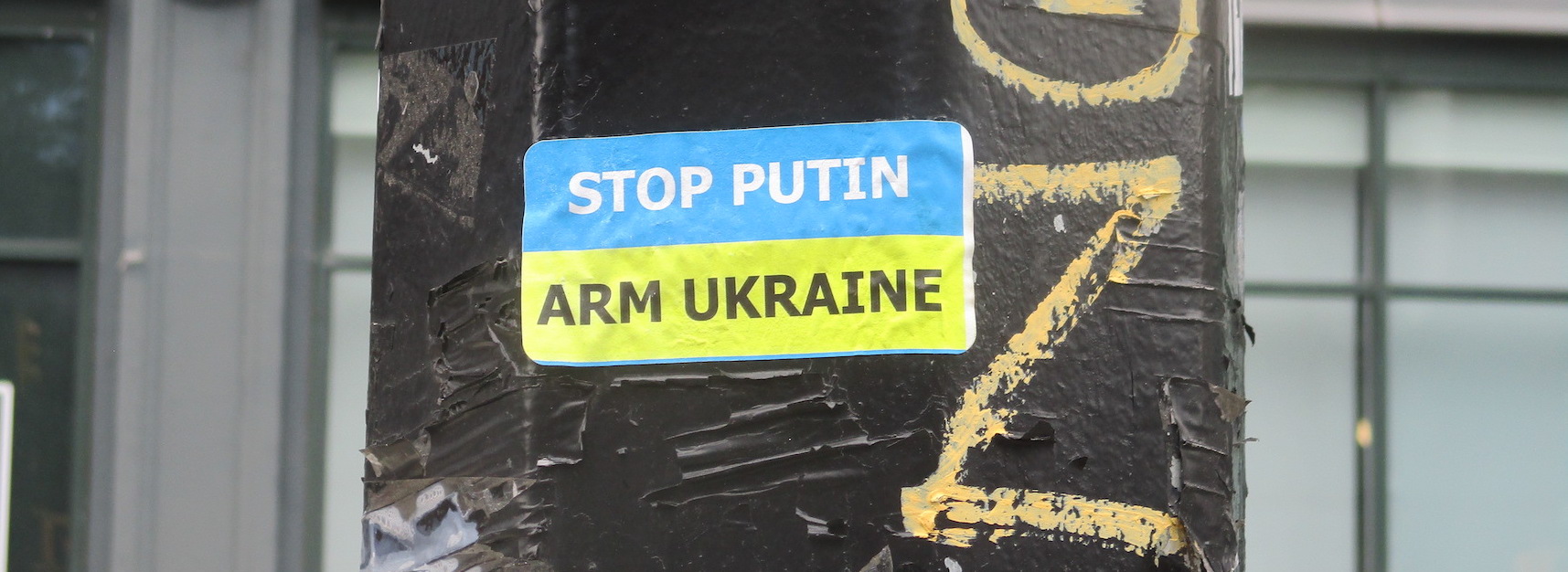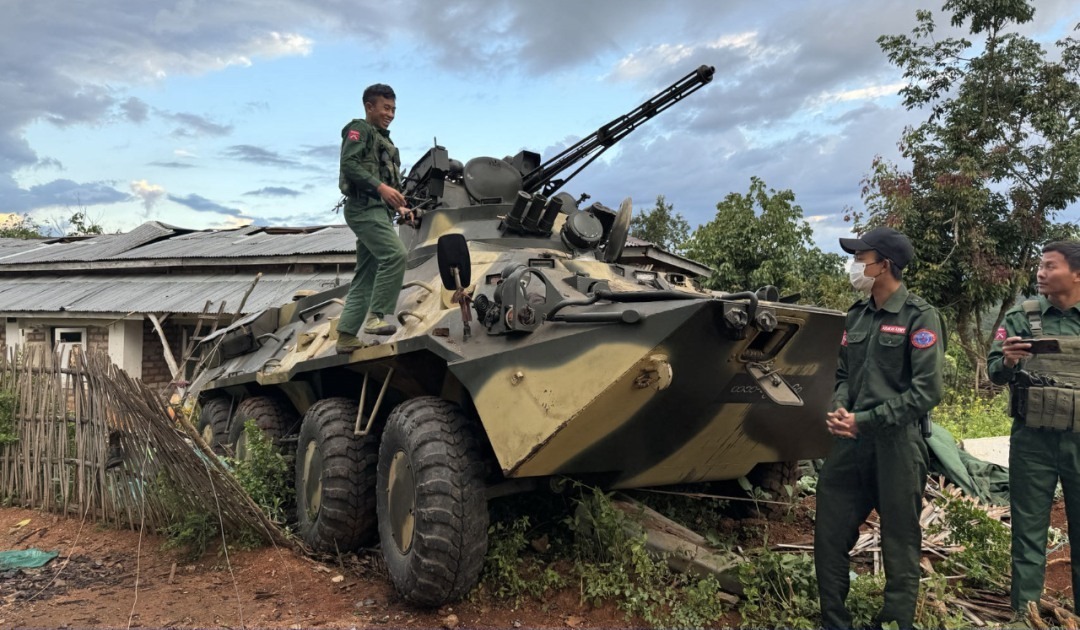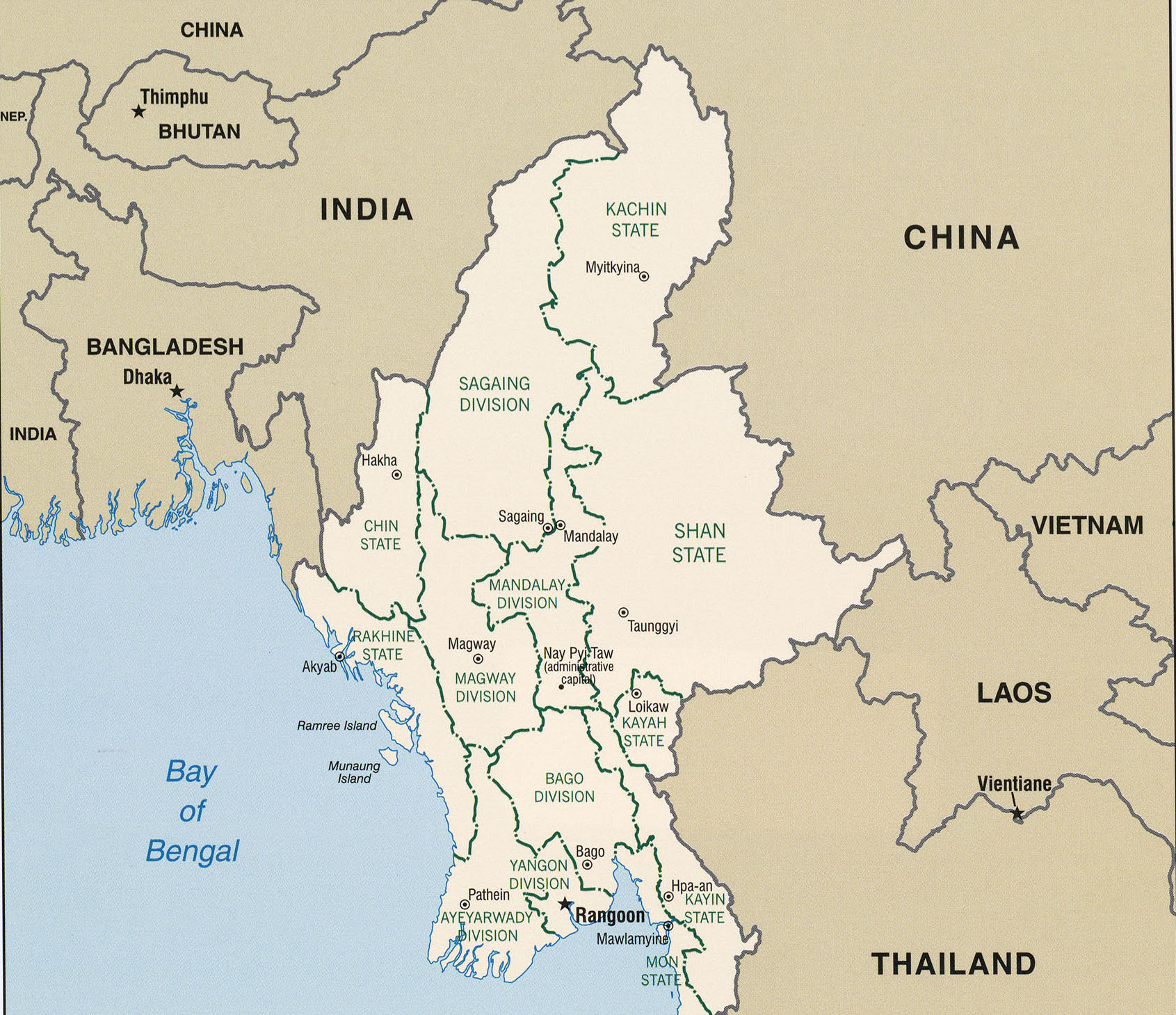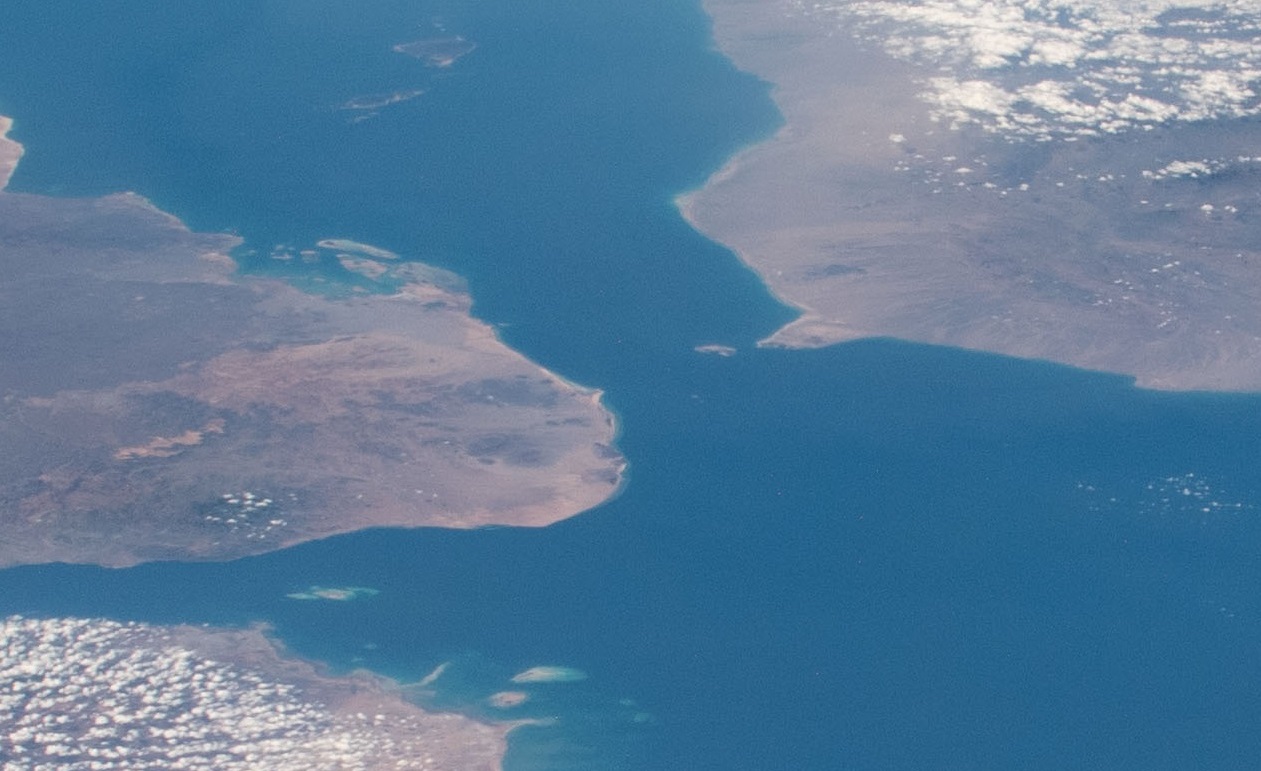
Who’s arming who in Sudan?
The United Arab Emirates denied arming the paramilitary Rapid Support Forces fighting Sudan’s army, despite a leaked UN document alleging “credible” evidence. The UN report said arms shipments are unloaded each week from cargo planes at an airport in Chad, and handed to the RSF at the Sudanese border. The UAE has also been accused of funnelling weapons through the Central African Republic, part of a regional supply network that has allowed the RSF to “punch above its weight” in the nine-month conflict. But the Gulf State—with business and political interests across Africa—said it has taken no side in the war. Sudan’s strategic position on the Red Sea has attracted the involvement of several regional powers. Egypt is backing the army, as is, reportedly, Iran. The multiplicity of actors has complicated resolution of a conflict that has displaced 10 million people. (Map: PCL)





